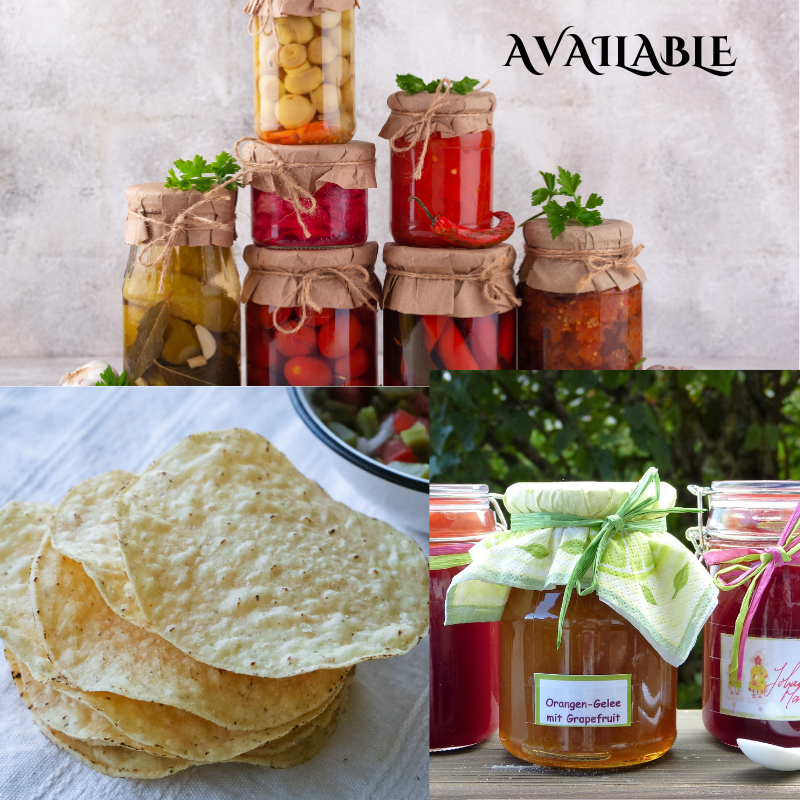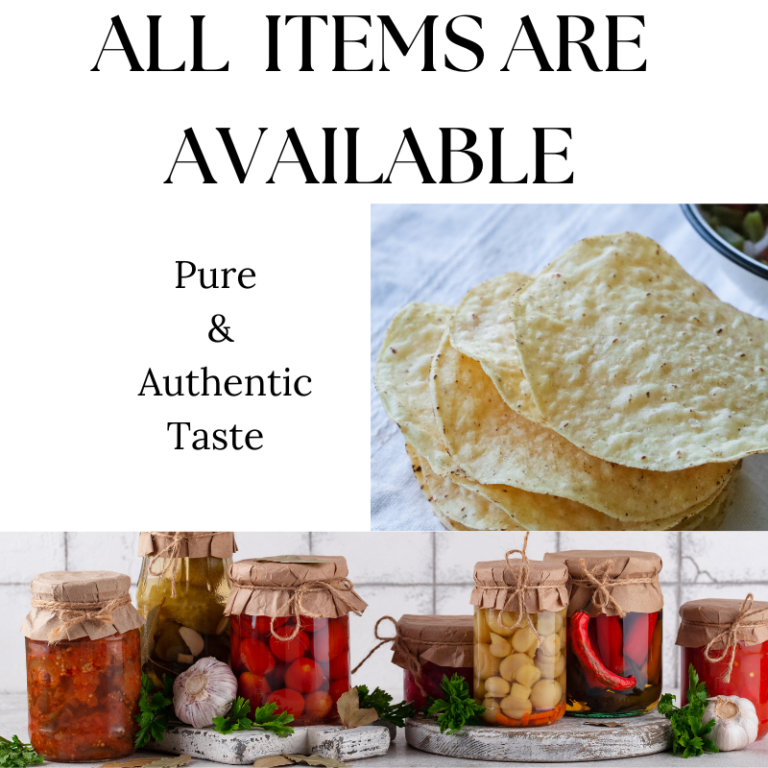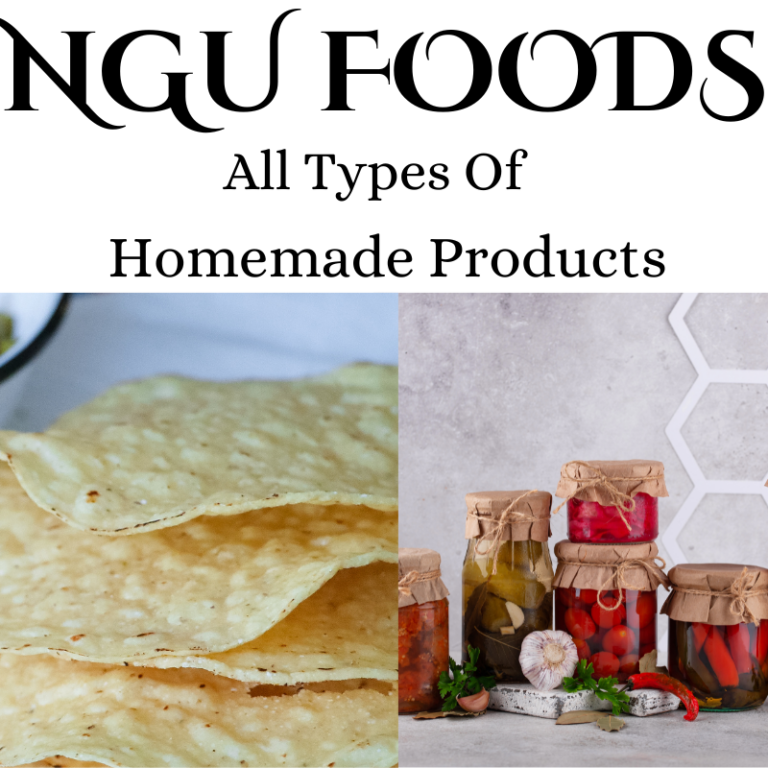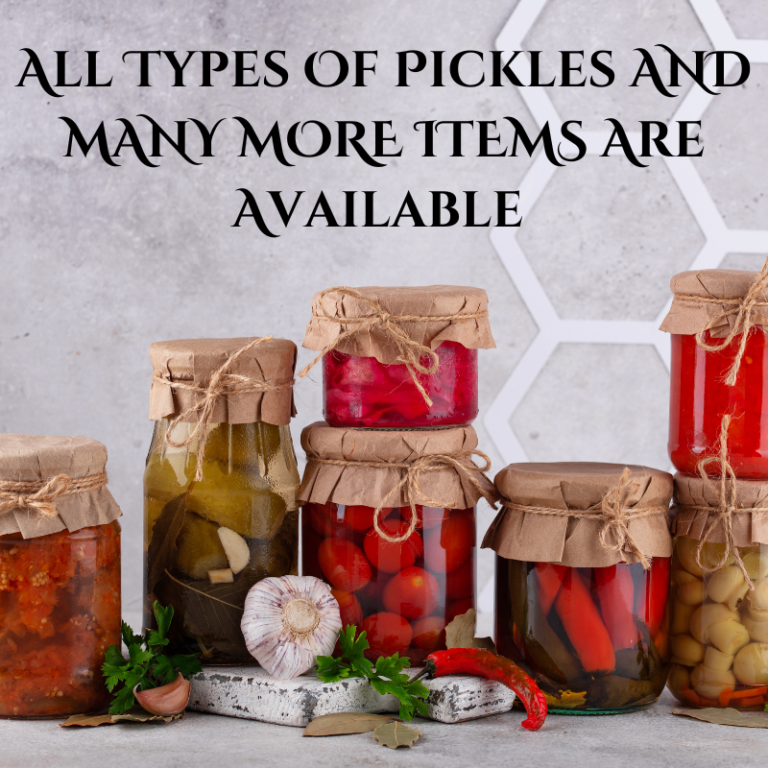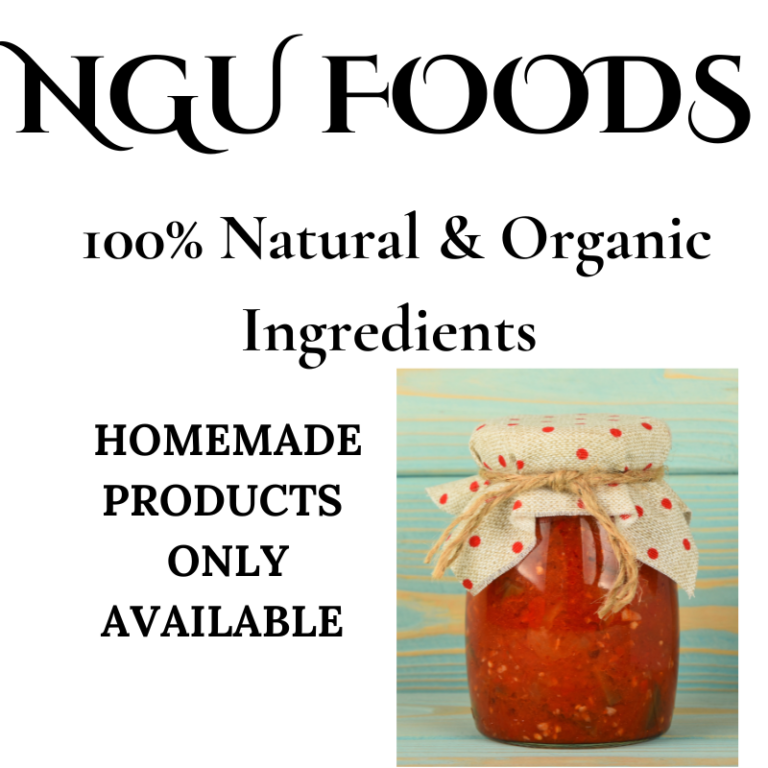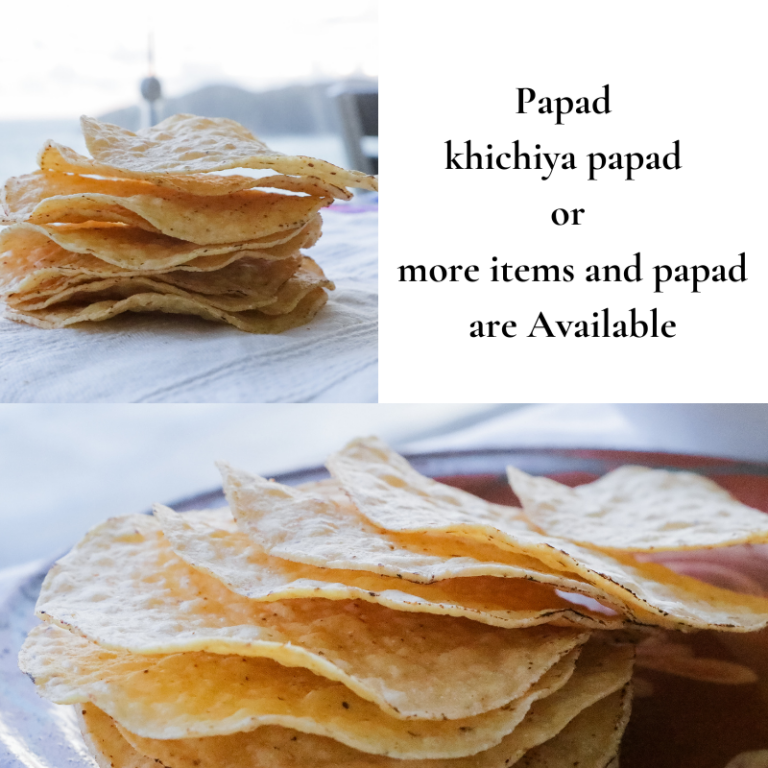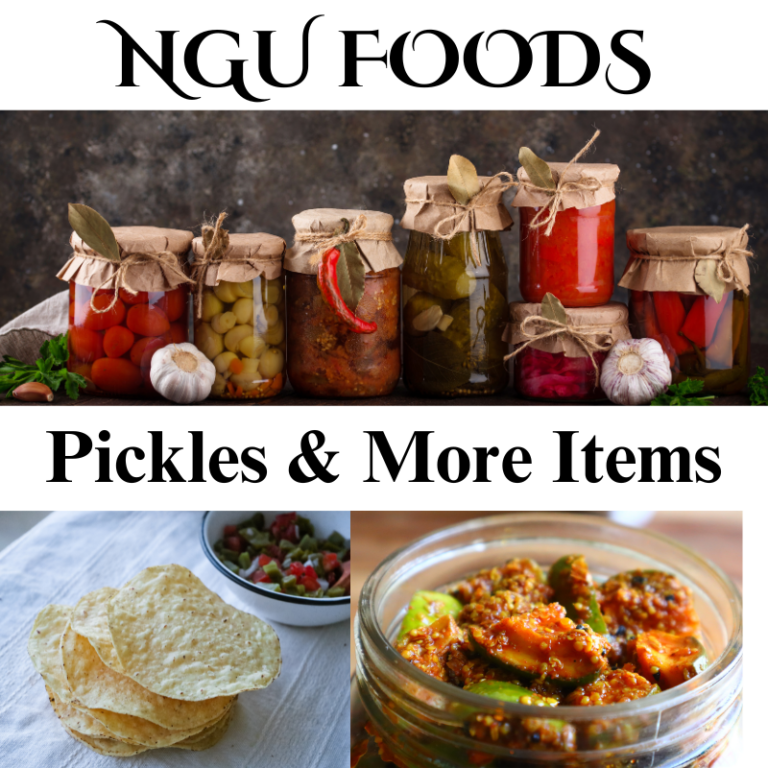Pickles have been a staple of many cuisines for centuries, adding a burst of flavor and zest to our meals. Whether enjoyed with rice, parathas, or even sandwiches, the tangy, spicy goodness of pickles can instantly elevate the taste of any dish. While store-bought pickles are widely available, there’s something incredibly special about homemade pickles—made with love, care, and the perfect blend of spices.
Why Homemade Pickles?
Homemade pickles not only have a richer and more authentic taste compared to the mass-produced versions, but they also bring a sense of nostalgia. Growing up, many of us have fond memories of watching our grandmothers or mothers preparing pickles in large jars, letting them sit in the sun to achieve the perfect flavor. The difference between homemade pickles and store-bought ones is that the former are free from preservatives, artificial colors, and chemicals, making them much healthier.
When you make pickles at home, you have complete control over the ingredients. You can select the freshest vegetables, hand-pick the spices, and avoid any additives. Additionally, you can adjust the level of spiciness and tanginess to suit your taste preferences, creating a pickle that is truly your own.
The Process of Making Homemade Pickles
The process of making pickles is an art form that requires patience and the right technique. Here’s a simple guide to making your own homemade pickles, so you can bring this timeless tradition to your kitchen.
- Choose the Right Vegetables or Fruits
Pickles can be made from a wide variety of vegetables and fruits, each offering a unique taste. Some popular options include:
- Mangoes: One of the most traditional and beloved choices for pickles, especially in the summer.
- Lemons: These create a refreshing, tangy pickle that pairs well with almost anything.
- Carrots: Carrots bring a crunch and mild sweetness to the pickle.
- Cucumbers: Known for their cool and crisp texture, cucumbers are another popular option.
- Green chilies: For those who enjoy a spicy kick, green chilies are a fantastic addition.
- The Essential Spices
The beauty of homemade pickles lies in the blend of spices used. Each region and household has its own unique mix of spices, but some common ingredients include:
- Mustard seeds
- Fenugreek seeds
- Asafoetida (hing)
- Cumin seeds
- Turmeric
- Red chili powder
- Fennel seeds
- Salt
- Vinegar or lemon juice
These spices not only add flavor but also act as natural preservatives, ensuring the longevity of your pickles. The combination of spices can be customized to suit your taste, making your pickle distinct and personal.
- The Salt and Oil Method
Salt is an essential ingredient in pickles, as it helps draw out moisture and creates the perfect environment for the spices to penetrate the vegetables or fruits. You’ll also need oil—typically mustard oil, as it adds an additional layer of flavor and helps preserve the pickles. The oil also acts as a barrier, preventing the pickles from getting spoilt due to exposure to air.
The key is to ensure that the vegetables or fruits are completely submerged in the oil and salt mixture to avoid contamination. This is why pickles are typically stored in glass jars or earthen pots that allow for the right balance of air circulation.
- Patience and Sunlight
Once your ingredients are mixed, and the pickles are ready for fermentation, it’s time to let them sit. The sun plays a crucial role in the fermentation process, helping to enhance the flavors and creating the perfect tangy, spicy taste.
The jars should be placed in a sunny spot for several days, and the pickles should be stirred every day to ensure that the spices are evenly distributed. The longer the pickles sit in the sun, the richer and more flavorful they become. Depending on the type of pickle, it may take anywhere from a few days to a few weeks for the pickles to reach their desired taste.
- Storing Your Pickles
Once your pickles are perfectly fermented, it’s time to store them. They should be kept in an airtight jar, away from direct sunlight. If stored properly, homemade pickles can last for months and sometimes even longer, although the flavors tend to intensify with time.
The Joy of Homemade Pickles
The joy of homemade pickles goes beyond just eating them. It’s about the process—the act of creating something from scratch and knowing that every jar you open is a product of your own effort. Plus, there’s nothing quite like sharing a jar of homemade pickles with family and friends, passing on the tradition of pickle-making from one generation to the next.
At NGU FOODS, we understand the love and care that goes into making the perfect pickle. Our homemade pickles are crafted with the finest ingredients, handpicked spices, and the traditional methods that have been passed down through generations. Each jar is a testament to the richness of Indian culinary heritage.
So, next time you crave that tangy, spicy burst of flavor, reach for a jar of homemade pickle—made with love, authenticity, and the timeless art of pickle-making.

